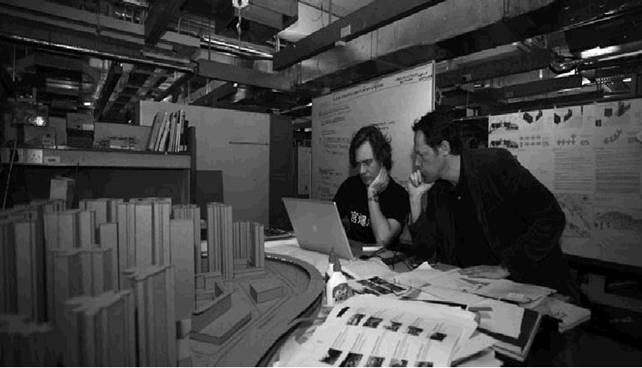

Timothy SULLIVAN
Royal Melbourne Institute of Technology, Australia
Exchange to The Chinese University of Hong Kong, Hong Kong
Living and studying in a foreign culture is an incredible experience. It inspires and yet sometimes frustrates. Things you take for granted are gone, yet things you have never thought important become so.
The changes and differences were quite profound in my case, as whilst I have previously travelled extensively, this time it was different. I was packing up and moving home to another culture, along with my wife and two young daughters.
I believe this added ¡§degree of difficulty¡¨ made the effects of the move more exaggerated, and introduced some new and unique challenges. For example, Hong Kong¡¦s toddler birthday party etiquette makes dinner with the Queen seem like a casual and budget option.

The challenges I encountered mostly came from the difference in perception between my host country and me. We differed in opinion on big ideas like fairness, opportunity for all, and what brings contentment, but also on small (well not so small) things like food culture, the value of art in society, and respect for the environment.
Another big challenge I had was the difference in how one perceives, studies and practises architecture.
Hong Kong and CUHK have a different cultural translation of the study of architecture, and of the understanding of the profession itself, from Australia.
To me these differences are quite tangible.
Cultural, geographic, political and economic differences have a huge impact on how a country perceives, understands and implements the ¡§exact same¡¨ profession that I am studying. The differences are across the board, from the type of students who study it, the teachers, their experience and style, and the weighing of different subjects, to the technologies used in the design and construction of a building itself. I discovered that the contribution that Hong Kong architects aspire to make to the city is completely different from that of their counterparts in Australia.
Thus my idea of what constitutes ¡§architecture¡¨ was deeply challenged. My idea wasn¡¦t right, but neither was theirs. This dichotomy forced me to re-evaluate my perception of my profession, but more importantly, it allowed me to challenge my adopted school¡¦s perception as well.
In the end, it made me realise that my cultural background had been such a huge influence on my perception and my study of architecture. It made me ponder, that if I was brought up as a Hong Konger, my idea of architecture would be completely and unrecognisably different. This taught me that architecture is expressly contextually reliant yet outsiders are essential to challenge this, to change perceptions and to allow the profession to evolve and adopt new ideas.
This important realisation will now influence my architecture forever.
© Copyright 2018 CK Group. All rights reserved.
